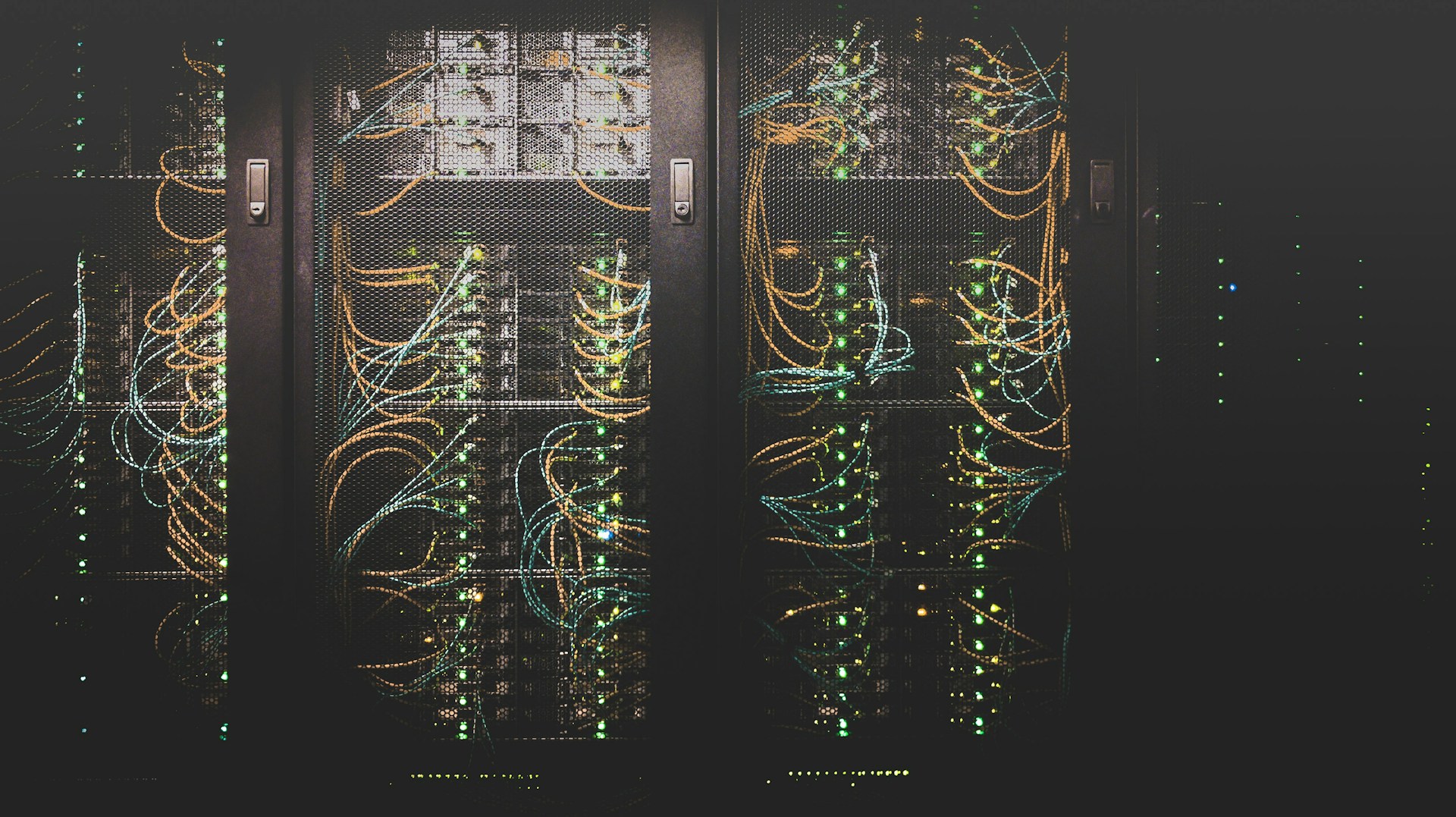Matt Doll, Minnesota Environmental Partnership
Minnesota’s economy was built on water. Farms draw from our aquifers for irrigation across the state. Our great coniferous forests are nurtured and renewed by snow and rain. Iron ore from the Northeast is still carried on ships crossing Lake Superior. Minneapolis, the core of the West Metro, was built around Saint Anthony Falls because of the natural hydropower it provided.
Today, a relatively new industry has come in search of a share of Minnesota’s water: large data centers.
Companies like Amazon, Meta, and Microsoft have become ravenously hungry for data processing facilities. The advent of tech trends like cryptocurrency and artificial intelligence have supercharged their desire to build up more computing power.
Some state and local governments have enthusiastically courted these companies to build centers in their communities. In the short term, they bring construction jobs, and in the long term, they bring a small quantity of permanent positions and local property tax revenue.
But these data centers are gluttons for electricity to keep them operating and water to keep them cool. That need for water makes Minnesota an attractive destination for big tech companies, though the companies are still asking for enormous tax breaks and other incentives to entice them to build here.
Amazon even requested that the Public Utilities Commission exempt it from having to complete a Certificate of Need for a massive fleet of backup diesel generators at its planned data center in Becker. Fortunately, the PUC unanimously rejected that request. Those fossil fuel generators would produce 600 megawatts if they operated simultaneously, 12 times the amount that triggers a certificate of need for a power plant under Minnesota law. While Amazon’s generators would only power the data center, there’s no question that they would generate climate pollution.
Some legislators are interested in passing both tax exemptions and a certificate of need exemption for data centers into law this session. But environmental advocates are pushing back.
On Thursday, February 27, representatives of groups including MEP members CURE, Clean Water Action Minnesota, Minnesota Center for Environmental Advocacy, and Sierra Club North Star Chapter held a press conference regarding the data center giveaway bills introduced in the Legislature.
The organizations, along with State Senator Jen McEwen of Duluth, made the case that, far from being too strict or unwelcoming toward large data centers, the state’s regulatory system is too friendly toward these facilities.
Even without considering the environmental impacts of large data centers, the costs to Minnesotans to subsidize these facilities are quite high. “The data center tax credit is an automatic, uncapped corporate giveaway that has already cost Minnesota taxpayers over $350 million,” said Peter Wagenius, Legislative and Political Director for the Sierra Club North Star Chapter. “Originally estimated at just $5 million annually, the project has ballooned to over $110 million a year. As these data centers proliferate, this will skyrocket further, unless the Legislature takes action.”
Avonna Starck, State Director of Clean Water Action Minnesota, spoke about the impact of data centers on vulnerable water resources, detailing how tech giants’ water consumption has increased to fuel their massive profits. “The water used in data centers is often treated to prevent corrosion and bacterial growth, rendering it unsuitable for human consumption or agricultural use,” said Starck.
State Senator Jen McEwen spoke first about the lack of transparency surrounding large data centers. The corporations behind these facilities, she said, tend to negotiate their construction agreements with cities behind closed doors and nondisclosure agreements, leaving ordinary residents with no way to object to the construction or even learn the true potential impacts of their noisy, electricity-guzzling neighbors.
Senator McEwen also noted a mind-boggling statistic reported recently by the Minnesota Star Tribune: if all currently proposed data centers in Minnesota were constructed and operated, they would use more electricity than every household in the state combined. At a time when Minnesota, the nation, and the world need to clean up the emissions of our electricity sector, building an archipelago of new power hungry facilities seems like the last thing we should rush into.
On an editorial note: the 21st century economy certainly calls for some quantity of data centers, which enable climate-friendly activities like telework and can provide efficiency benefits to people and businesses.
But some of their emerging uses seem to have little societal benefit. For a technology that requires so much electricity, cryptocurrency – which behaves as an asset, not a true currency – benefits investors a lot, the average person, not so much. And the much-hyped generative “artificial intelligence” – a term used for branding’s sake for very sophisticated computer algorithms – appears to be making some of its users less capable of critical thinking.
It’s likely that companies will keep building data centers in Minnesota’s water-rich environment, but our state would do well to subject these proposals to careful scrutiny. These companies aren’t hoping to do us a favor by trying to locate their server farms here, they’re hoping to have Minnesotans subsidize them by letting them have the water, electricity, and tax breaks they’re looking for. We pay the environmental, social, and economic costs, and they enjoy the profits.
Starck put the issue well at Thursday’s press conference when she said, “Now, the richest and greediest of the world have the audacity to ask for more from hardworking Minnesotans, when all we want to do is feed our kids and see them grow up healthy and safe.” For the sake of future generations, the Legislature, state agencies, and local authorities should listen.
Read/Watch more from Fox 9: Tax breaks bring data center expansion, plus environmental concerns
